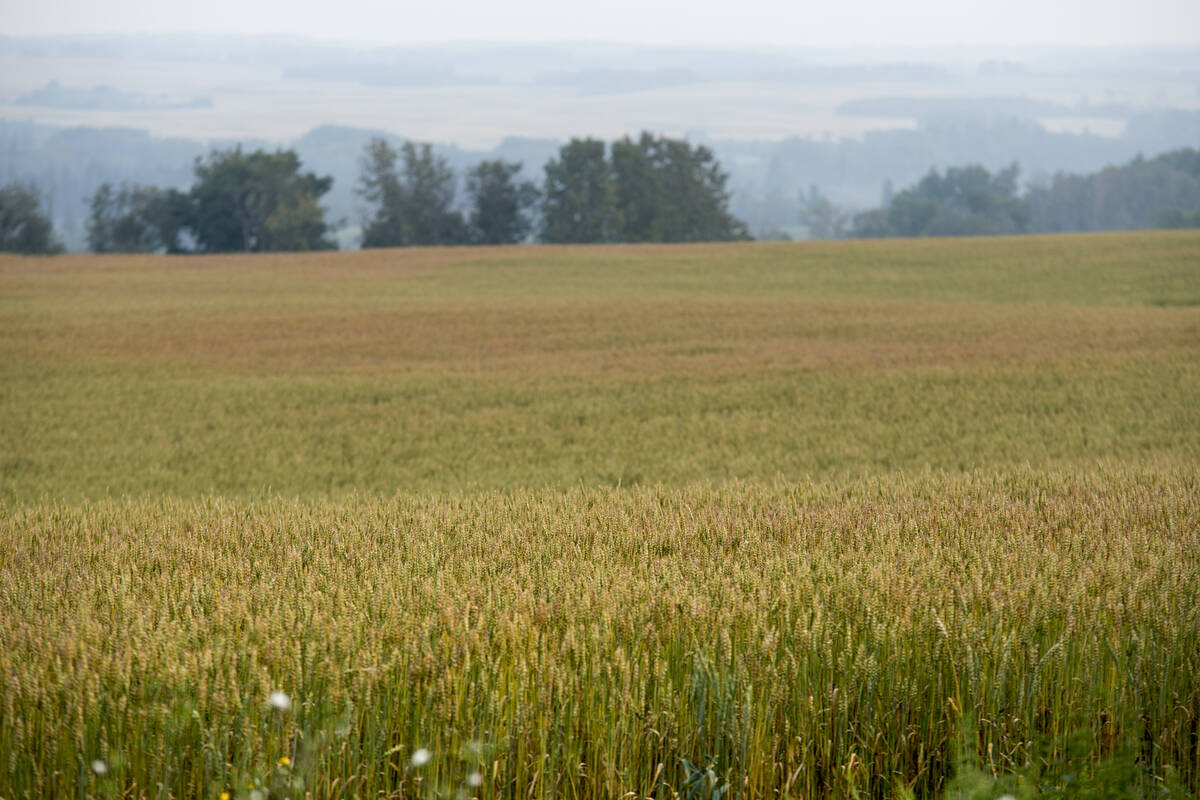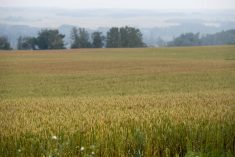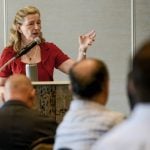Many farmers spend a lot of time developing what they think is the perfect plan but remain hesitant to put it into action
BRANDON — Farm families don’t need the best farm transition plan, they need the second best plan, said a farm management consultant.
“Second best doesn’t sound very good. Nobody wants to be second, but if it means it is an implemented plan, then that is better. An implemented plan that gets changed and tweaked as needed is much better than the perfect one that is always elusive to us,” said Peter Manness, with MNP in Brandon.
Manness has ruminated on the idea of the second best plan for more than a year after a farmer at a trade show said he had the second best plan and then elaborated that a plan that isn’t perfect is better than the elusive perfect plan.
Read Also

Proactive succession planning key to success
The growing sophistication of farm operations is reshaping farm transitions, and the challenges they face demand our immediate and strategic attention.
“We get too many options and we get paralyzed. We fear there is something else out there better.”
Manness said he has clients who have been to dozens of farm transition seminars, read books and talked to experts, but are still hesitant to launch their own farm transition plan. Sometimes it takes a large life event, like a family member moving home to farm full time, a death in the family or parents wanting to move to town that kick-starts the process.
“There are a number of families we see that come to dozens and dozens of seminars and just can’t launch the boat. There has to be some catalyst that says we need to start.”
Other times it requires a third party, like Manness, in the room to begin and finish the farm transition process. Having a deadline and an appointment with an adviser is often helpful to get started working through a basic farm transition plan and see what ideas may work for the farm.
Manness said he begins succession plans by asking 12 key questions including the farm viability, what are the parents’ retirement plans, management transfer, successor training, a contingency plan and other key questions that help guide the conversation and direction of the plan.
Once some of the basic questions are answered, Manness suggests focusing on the most pressing question facing the family and how it can be implemented.
“What is it going to take to make progress so in a year you can say you are a year closer to moving through the transition process?”
Manness said sometimes he gives farm families homework assignments to keep them moving through the process and other times discussions never happen unless a third party is in the room.
“If you’re not working through a plan, you’re not communicating and the problems just get harder.”
Manness said one of his first recommendations is to put together a net worth statement, which includes the value of those assets and a name beside each asset and step back and have a second look.
“Put values on land and names beside those values and when you see how numbers break out, then how do you feel about it and does it align with what you can tolerate happening,” he said.
“It won’t get easier. Especially if you’re thinking about it from a value perspective. The biggest thing that holds families back is the lopsided value of estates. It will not get easier. It is not easier to deal with now than 10 years ago.”
Creating a plan that can be tolerated now with the understanding it can be changed is often a good start.
Not all farm transition plans with young families need to be detailed. Simply discussing an updated will that names guardians for the children is often the start.
Manness also recommends researching the land history for each quarter of land for as many generations back as can be remembered as a way that can help reduce taxes in the future.
“It has an implication related to the capital gains expectation and intergenerational rules.”
If your land has a historical link from grandparents to parents to children, including non-farming children, it is important to know your land history, even with farmland that families are not actively farming.
“As we lose generations that have this knowledge, it is harder for us to figure it out. Write it down in as much detail as you remember.”

















